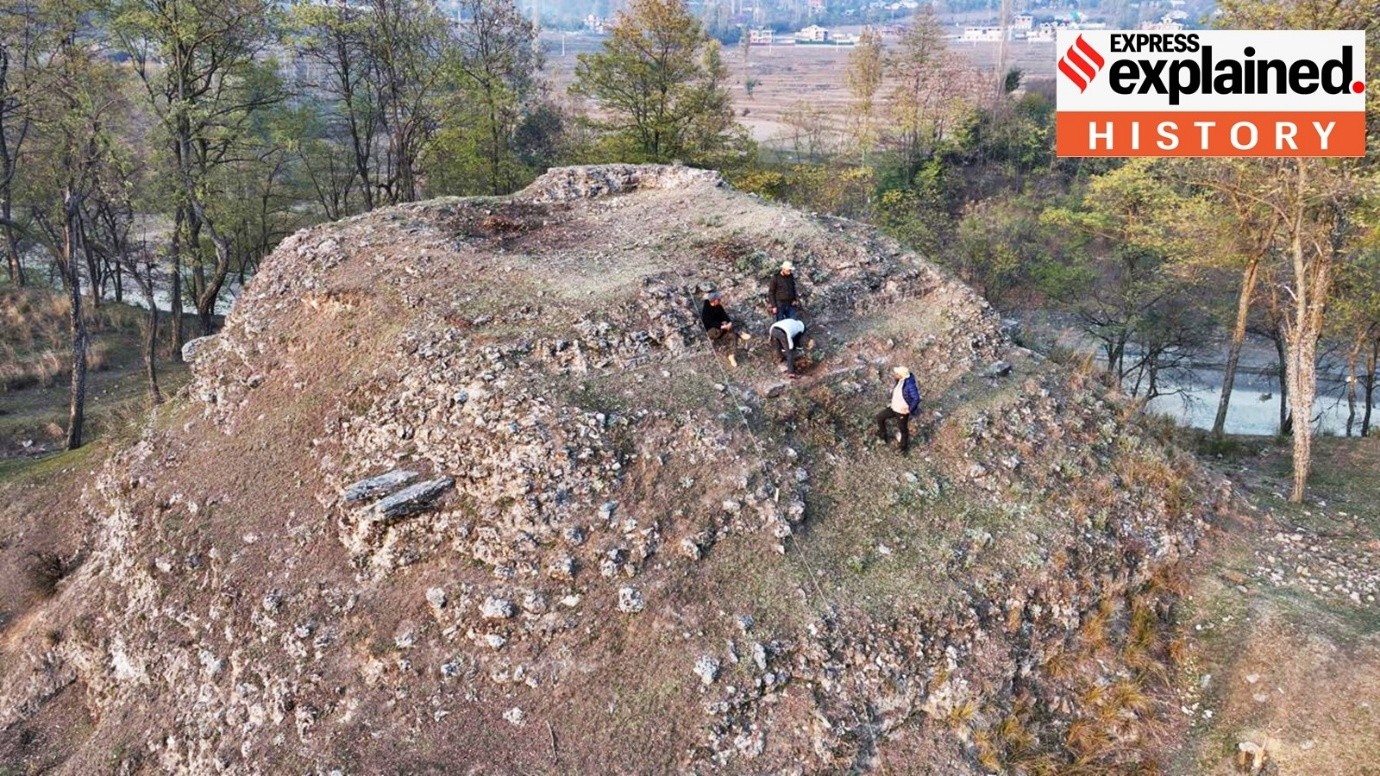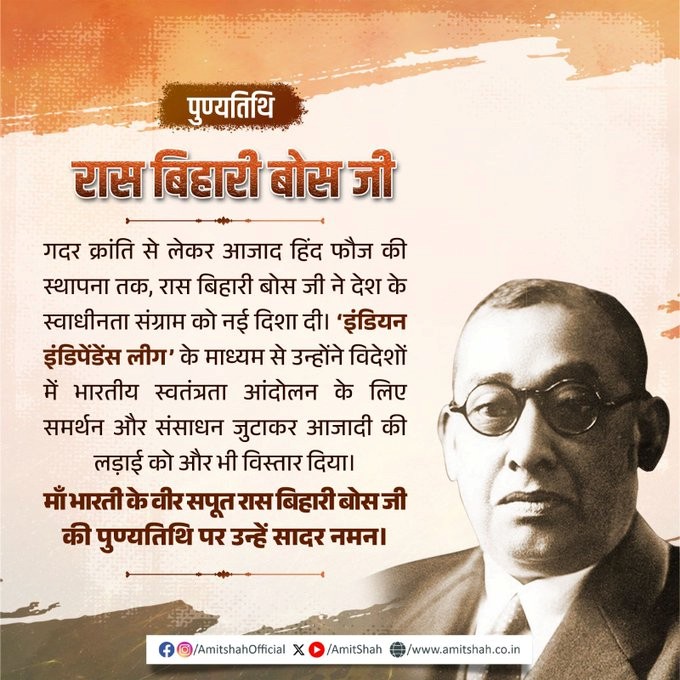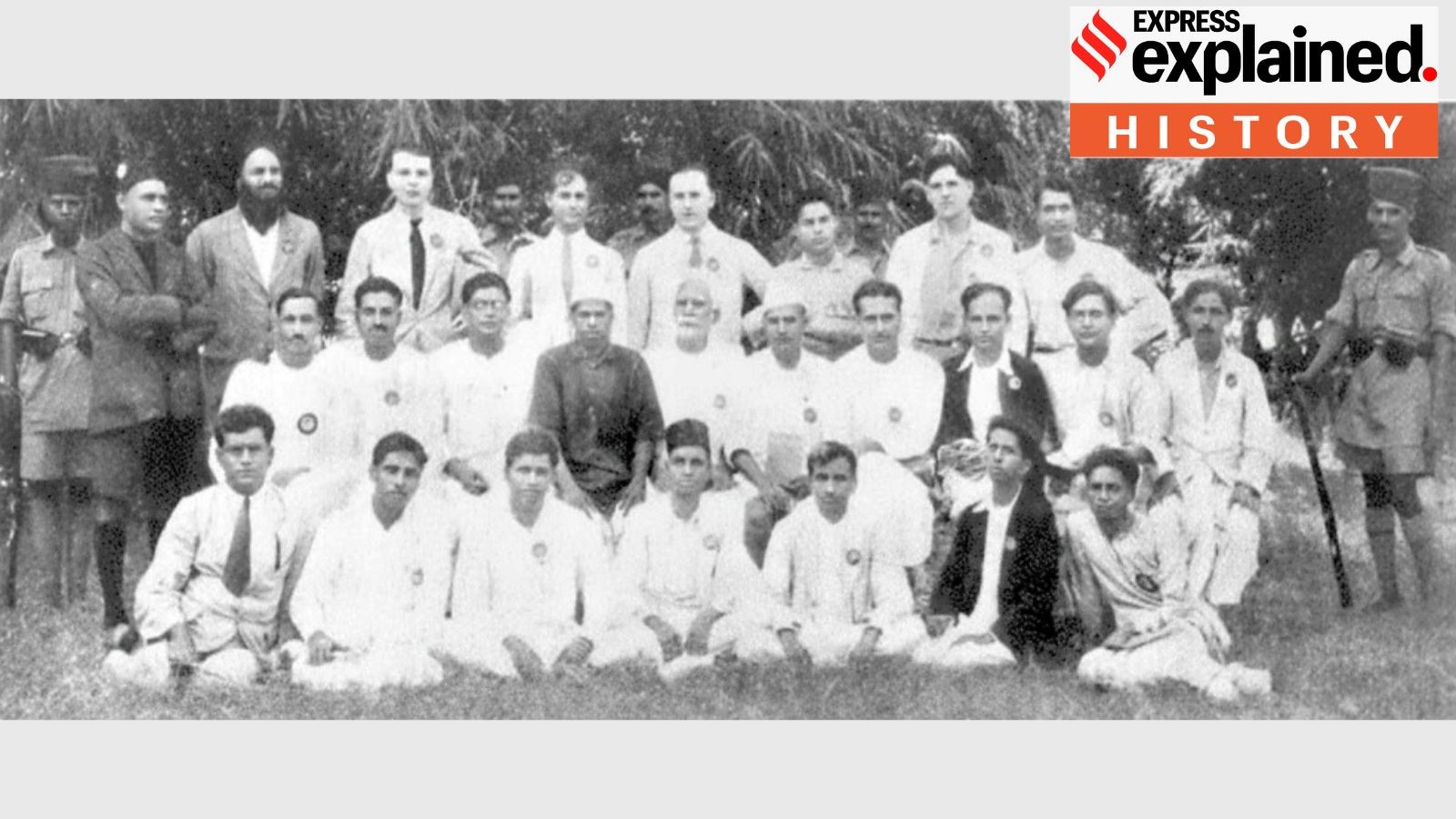




Disclaimer: Copyright infringement not intended.
Kannadippaya unique tribal mirror mat made from reed bamboo in Kerala has become first tribal handicraft from state to receive GI tag empowering indigenous artisans & opening global markets.
|
Aspect |
Details |
|
Product Name |
Kannadippaya (literally means mirror mat) |
|
Recognition |
Received Geographical Indication (GI) Tag in 2025 |
|
Unique Feature |
Reflective pattern; provides warmth in winter & cooling in summer |
|
Material Used |
Made from soft inner layers of reed bamboo (Teinostachyum wightii) |
|
Alternate Bamboo Species |
Also uses Ochlandra species (locally called Kareetta, Velleeta, Pereetta, Chitoora, Kanjoora) |
|
Tribal Communities Involved |
Crafted by Oorali, Mannan, Muthuva, Malayan, Kadar, Ulladan, Malayarayan & Hill Pulaya |
|
Districts in Kerala |
Primarily from Idukki, with presence in Thrissur, Ernakulam, Palakkad |
|
Associated Organisations |
Unarvu Pattikavargha Vividodesha Sahakarana Sangam, Venmani |
|
Historical Importance |
Once offered to kings by tribal communities as a mark of honour & prestige |
|
Key Supporters |
Kerala Forest Research Institute (KFRI) |
|
IPR Advocate |
C.R. Elsy, former head of IPR Cell, Kerala Agricultural University |
|
Challenges Identified |
Lack of structured market for product |
|
Benefits of GI Tag |
Ensures market protection |
|
Eco-Cultural Significance |
Promotes eco-friendly, sustainable handicrafts rooted in tribal culture |
|
Milestone Year |
Awarded during KFRI golden jubilee year marking a cultural & institutional achievement |
|
Feature |
Description |
|
Product Name |
Kannadippaya (Mirror Mat) |
|
Crafting Material |
Soft inner layers of reed bamboo |
|
Key Bamboo Species |
Teinostachyum wightii (Njoonjileetta, Njoojoora, Ponneetta, Meieeta, Neytheetta) |
|
Other Bamboo Used |
Ochlandra sp. (Kareetta, Pereetta, Velleeta, Chitoora, Kanjoora) |
|
Thermal Properties |
Warm in winter, cool in summer |
|
Communities Involved |
Oorali, Mannan, Muthuva, Malayan, Kadar, Ulladan, Malayarayan, Hill Pulaya |
|
Craft Regions |
Idukki, Thrissur, Ernakulam, Palakkad (Kerala) |
|
Historical Use |
Offered to kings as symbol of honor |
|
GI Tag Awarded To |
Unarvu Pattikavargha Vividodesha Sahakarana Sangam & Vanasree Bamboo Craft & Vanavibhava Shekarana unit |
|
Significance |
First tribal handicraft from Kerala to receive GI tag |
|
Facilitating Institution |
Kerala Forest Research Institute (KFRI) |
|
Year of GI Recognition |
2025 |
|
Challenges |
Lack of structured market, need for youth involvement |
|
Product |
State |
Category |
Year |
Remarks |
|
Kannadippaya |
Kerala |
Tribal Handicraft |
2025 |
First tribal craft from Kerala with GI |
|
Kachai Lemon |
Manipur |
Horticultural Product |
2024 |
High vitamin C content |
|
Gamosa |
Assam |
Cultural Textile |
2024 |
Symbol of Assamese identity |
|
Kolhapuri Jaggery |
Maharashtra |
Agricultural Product |
2025 |
Traditional jaggery from Western Ghats |
|
Sitalpati Mats |
West Bengal |
Handicraft |
2024 |
Made from Murta plants |
|
Thanjavur Veenai |
Tamil Nadu |
Musical Instrument |
2025 |
Carnatic music icon |
|
Ladakh Apricot |
Ladakh |
Horticultural Product |
2025 |
Sweet apricots, important for economy |
|
Mizo Chilli |
Mizoram |
Spices |
2025 |
Noted for pungency |
|
Gucchi Mushroom |
Jammu & Kashmir |
Wild Edible Fungi |
2024 |
Rare, premium variety |
|
Pattachitra Painting |
Odisha |
Traditional Art |
2025 |
Mythological themes |
|
Craft |
State/Region |
Tribe/Community |
Material Used |
Specialty |
|
Kannadippaya |
Kerala |
Oorali, Muthuva, Mannan |
Reed bamboo |
Mirror like surface |
|
Dokra Metal Craft |
Chhattisgarh, Odisha |
Gond, Dhokra |
Non-ferrous metal (lost-wax) |
Tribal deities, animals |
|
Warli Painting |
Maharashtra |
Warli Tribe |
Cow dung, mud, rice paste |
Geometric motifs |
|
Toda Embroidery |
Tamil Nadu |
Toda Tribe |
Wool cloth |
Red-&-black thread motifs |
|
Pithora Painting |
Gujarat, MP |
Rathwa, Bhilala |
Wall plaster, natural colors |
Ritualistic mural painting |
|
Cane & Bamboo Weaving |
Nagaland, Assam |
Ao, Konyak, Mising |
Bamboo, cane |
Furniture, containers |
|
Bamboo Jewelry |
Tripura |
Reang, Tripuri |
Bamboo strips |
Ethnic fashion |
|
Saora Art |
Odisha |
Saora Tribe |
Earth pigments, walls |
Mythical storytelling |
|
Aspect |
Detail |
|
Location |
Idukki, Kerala |
|
Language |
Malayalam dialect |
|
Occupation |
Bamboo craft, agriculture |
|
Craft Involvement |
Kannadippaya weaving |
|
Social Status |
Scheduled Tribe |
|
Cultural Traits |
Tribal governance through Ooru Kootams, animistic rituals |
|
GI Craft Role |
Preserving traditional weaving techniques |
|
Aspect |
Description |
|
Location |
Idukki & Western Ghats of Kerala |
|
Language |
Tamil-Malayalam dialect |
|
Cultural Practices |
Rooted in nature worship, traditional medicine |
|
Occupation |
Shifting agriculture, bamboo craft |
|
Role in GI Product |
Weaving Kannadippaya |
|
Social Classification |
Scheduled Tribe |
|
Challenges |
Marginalisation, forest rights, market access |
|
Feature |
Detail |
|
Location |
Peechi, Thrissur, Kerala |
|
Established |
1975 |
|
Parent Body |
Kerala State Council for Science, Technology & Environment (KSCSTE) |
|
Focus Areas |
Forest biodiversity, bamboo technology, sustainable forest management |
|
GI Involvement |
Technical support for GI tagging of Kannadippaya |
|
Key Contributors |
Dr. Shyam Visvanathan, Dr. A.V. Raghu |
|
Other Achievements |
Bamboo tech research, conservation of forest genetics |
|
Outreach |
Supports tribal entrepreneurship & skill development |
For more such articles, please visit IAS GYAN
Sources:
|
PRACTICE QUESTION Q. Discuss significance of Geographical Indication (GI) tags in preserving indigenous tribal crafts in India. In this context highlight cultural & economic implications of granting GI status to Kannadippaya. |





© 2026 iasgyan. All right reserved